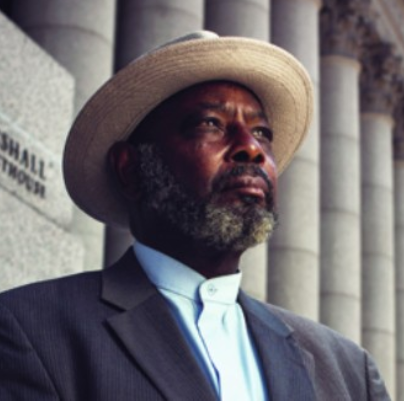 We at the Campaign For Alternatives to Isolated Confinement wish to express our deepest condolences to the family of Mujahid Farid. Our prayers go out to them in their time of loss.
We at the Campaign For Alternatives to Isolated Confinement wish to express our deepest condolences to the family of Mujahid Farid. Our prayers go out to them in their time of loss.
It is such a great loss to us. Farid was a sincere, determined, and dedicated advocate for the rights and human dignity of others and never forgot those who were left behind the walls.
We salute and will forever hold dear his works and contributions to the cause of peace and justice. He has and will always be a part of the work we do and in his memory we will strive to support the legacy he established through the Release Aging People In Prison Campaign and so many other efforts over decades of struggle. “If The Risk Is Low Let Them Go!”.
Rest In Power
New York Campaign For Alternatives to Isolated Confinement.
Farid’s wake will be held on Saturday, November 24th, 10:30AM at Benta’s Funeral Home: 630 St. Nicholas Avenue, New York, NY (corner of 141st Street) with a service to follow at 11:30AM. There will also be a memorial in the coming weeks (date and time TBD).
For those who wish to support RAPP’s ongoing work and Farid’s legacy, our RAPP colleagues are offering three options:
1. Attend our Upcoming Event: Before Farid transitioned, he and other advocates in New York and Maryland were helping put together an event that showcased the importance of releasing older people and those serving life from prison. That event is just weeks away and we hope you’ll attend. Please join us, the Justice Policy Initiative, Osborne Association, Columbia Center for Justice and others on Thursday, December 6th, 6:00PM at the Riverside Church for: Justice Long Overdue: Lessons Learned from the Successful Release of People Serving Life in Prison in Maryland and New York and Why More People Must Come Home
2. Donate to Farid’s Funeral Services: Contribute to the costs associated with Farid’s funeral and burial services. Donate through PayPal to ddgeorge23@gmail.com.
3. Donate to RAPP: Support RAPP’s ongoing work and Farid’s legacy by contributing to our Online Fall Fundraiser. Your donations will support our community organizing and advocacy work to #FreeOurElders.
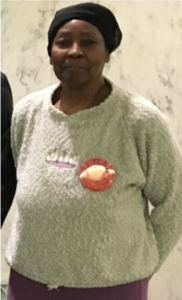 New York Campaign for Alternatives to Isolated Confinement (CAIC) would like to honor and remember one of our dear members Carole Willis, who recently passed away at the age of 79. A lifelong New Yorker, Carole was a wonderful, caring, and giving person who had a beautiful heart and soul. Carole was actively involved with CAIC and the Correctional Association of NY for the last several years, and her son Nicholas Zimmerman spent over a decade in solitary confinement.
New York Campaign for Alternatives to Isolated Confinement (CAIC) would like to honor and remember one of our dear members Carole Willis, who recently passed away at the age of 79. A lifelong New Yorker, Carole was a wonderful, caring, and giving person who had a beautiful heart and soul. Carole was actively involved with CAIC and the Correctional Association of NY for the last several years, and her son Nicholas Zimmerman spent over a decade in solitary confinement.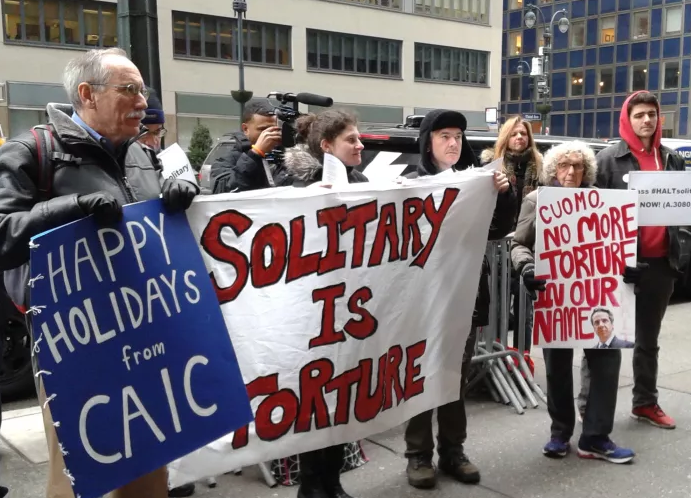 by Victoria Law. Excerpted from
by Victoria Law. Excerpted from 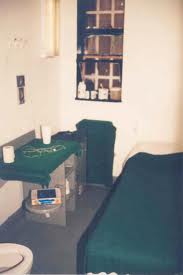
 Benjamin Van Zandt’s hellish odyssey through New York’s criminal justice system began when the voices inside his head compelled him to light a neighbor’s house on fire.
Benjamin Van Zandt’s hellish odyssey through New York’s criminal justice system began when the voices inside his head compelled him to light a neighbor’s house on fire.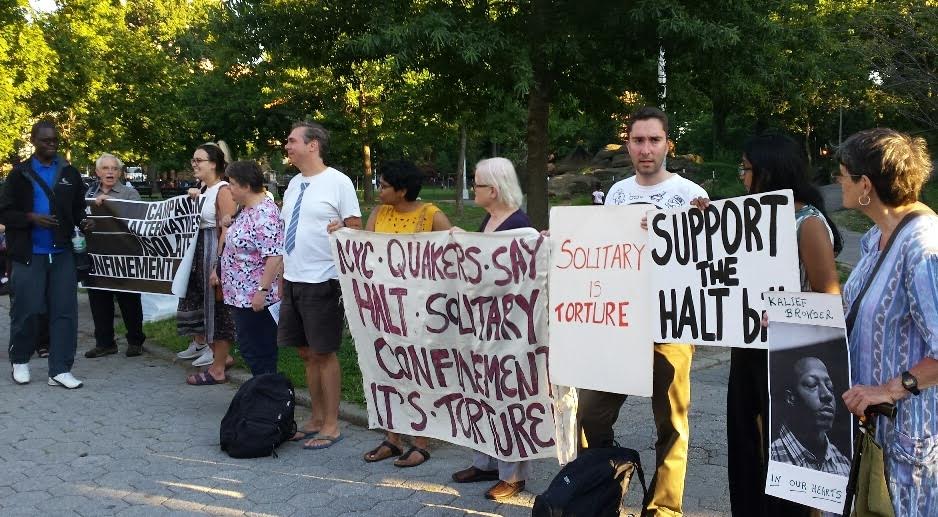
Follow the #HALTsolitary Campaign